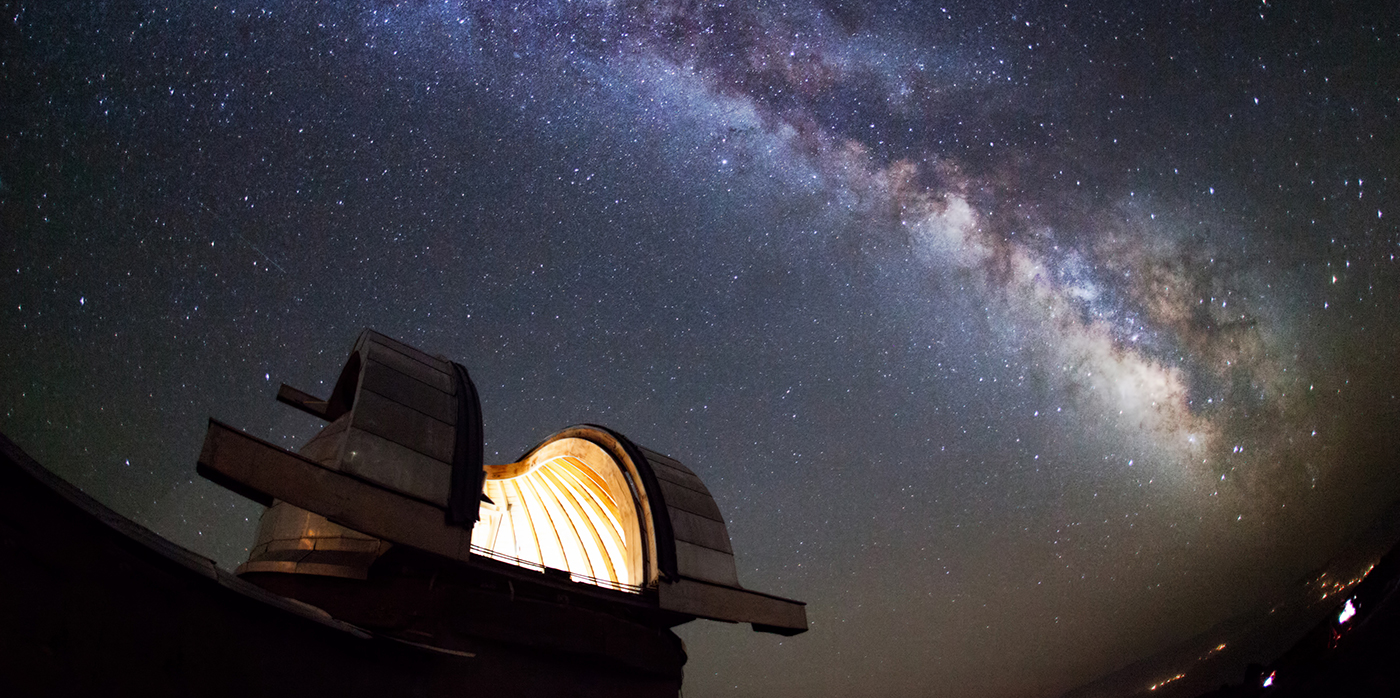Proposals Invited for STFC Small Awards for Astronomy Observation and Theory, and Solar and Planetary Studies
Grants to support theory, observation, experiment and new technology research relevant to all aspects of astronomy and astrophysics beyond and within the solar system.
The Science and Technology Facilities Council (STFC) runs the Astronomy Research Grant programme to support research in the areas of astronomy, cosmology, solar system science and certain aspects of particle astrophysics. Grant proposals are reviewed by the Astronomy Grants Panel (AGP), which provides recommendations to the STFC Council Executive as well as the UK Space Agency (UKSA).
As part of the Astronomy Research Grant programme, the Astronomy Observation and Theory Small Awards and Solar and Planetary Studies Small Awards calls fund projects that cover theory (including modelling, simulation and related software development), observation, experiment and new technology research relevant to all aspects of astronomy and astrophysics beyond and within the solar system.
Proposals under the Astronomy Observation and Theory call can include, but are not restricted to:
- Stellar physics, including star formation and extra-solar planetary systems. (Studies of the sun as part of a programme of stellar physics would fit into this category.)
- Studies of transient phenomena.
- Interstellar medium and galactic astronomy.
- Extra-galactic astronomy and cosmology.
- Astrophysical aspects of particle astrophysics, including dark matter, cosmic rays and gravity.
- Novel technology or instrumentation research and development applicable to the above areas.
- Laboratory astrophysics, including software development, relevant to the above areas.
Proposals under the Solar and Planetary Studies call can include, but are not restricted to:
- Solar physics and heliospheric physics.
- Space-based terrestrial magnetospheric science and fundamental space plasma physics (excluding the impact on the Earth’s neutral atmosphere).
- Planetary science, including the surfaces and interiors, atmospheres, ionospheres and magnetospheres of the solar system bodies other than the Earth.
- Studies of other solar system bodies including comets, asteroids, meteorites etc.
- Laboratory studies of solar system material such as meteorites, returned samples, solar system analogues, other laboratory physics relevant to the area of the call and related software development.
- Blue skies technology/instrumentation development applicable to the above areas.
Funding will be given to proposals at Technology Readiness Levels (TRLs) 1-4 or their equivalent.
Applicants must be based at UK research organisations eligible for UKRI funding (ie approved higher education institutions, research council institutes, independent research organisations and public sector research establishments). All applicants must meet the general investigator eligibility criteria detailed in the UKRI research grants handbook.
Applications are welcome from both single research organisations or multiple research organisation consortia.
No minimum or maximum funding levels are stated. Projects can last for a maximum of three years and must start on 1 April 2024.
Applications must be submitted by the deadline of 8 March 2023 (16:00).
(This report was the subject of a RESEARCHconnect Newsflash.)

